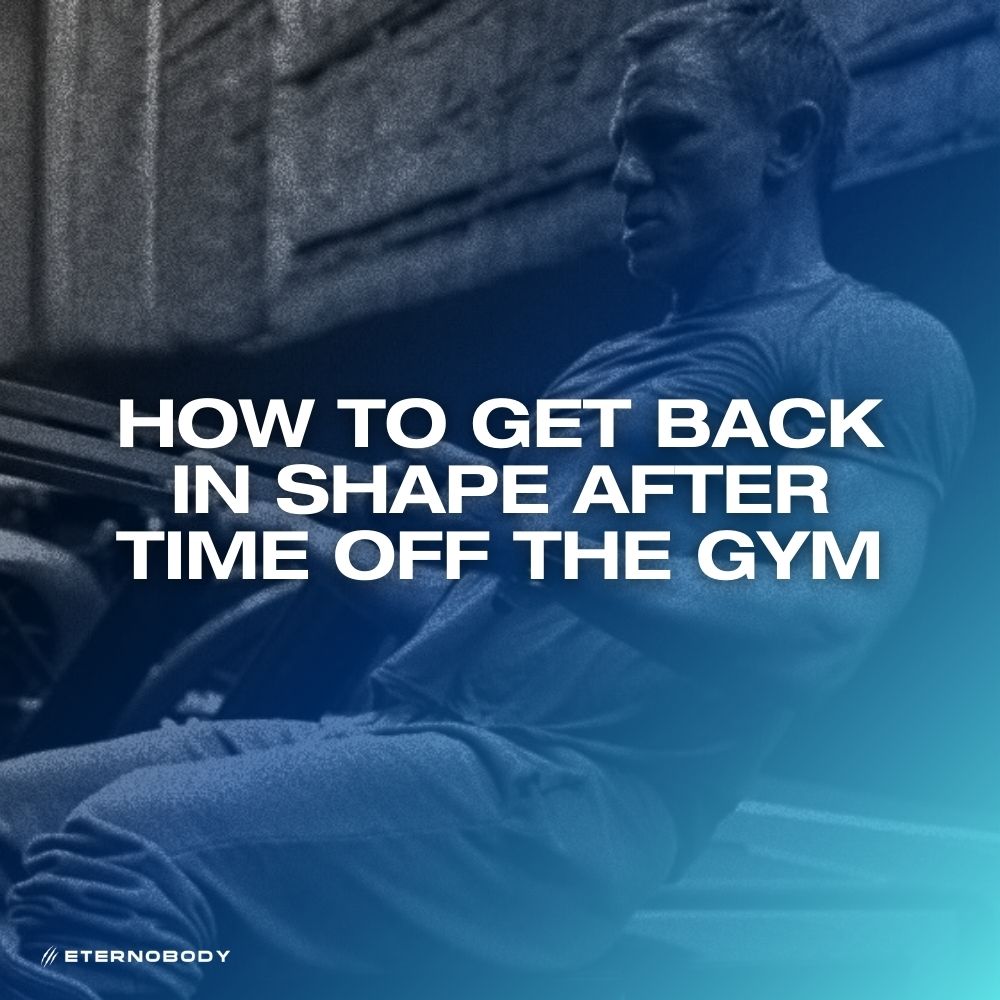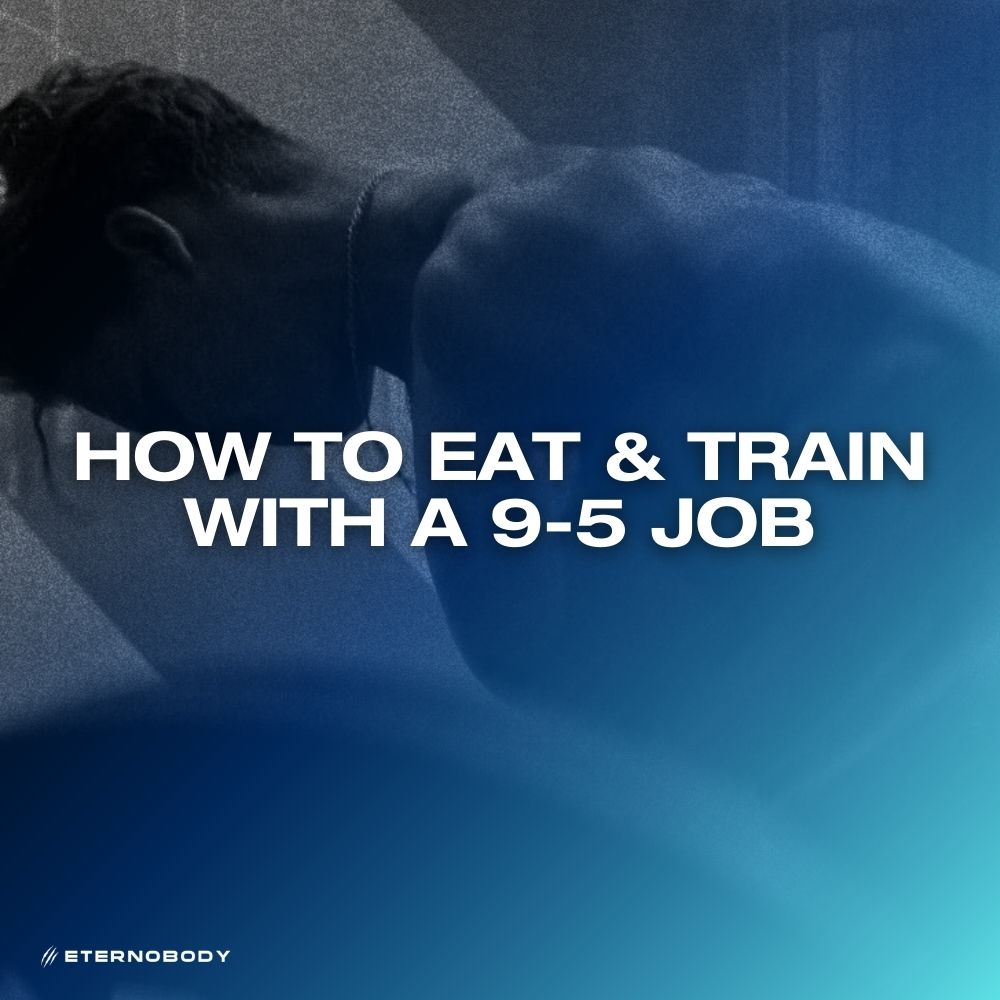
Most people blame their metabolism when they struggle with weight. Some say it is too slow, others swear it is too fast.
The truth is, your metabolism plays a role in how your body uses energy, but it is not some mysterious force that controls your fate.
If you want to understand what metabolism really is and how it affects fat loss or muscle gain, keep reading.
WHAT METABOLISM ACTUALLY IS
Metabolism is the set of chemical processes in your body that keep you alive. It covers everything from making energy, breaking food down, and building new tissue. Without it, life would stop.
When people talk about metabolism, they usually mean how many calories they burn in a day. The technical term for this is basal metabolic rate, or BMR. This is the amount of energy your body needs to stay alive at rest. Think of it as the cost of keeping the lights on.
Your BMR is only one part of your total metabolism. There are three other pieces that matter:
- The calories burned digesting food, called the thermic effect of food.
- The calories burned during exercise, also known as exercise activity thermogenesis.
- The calories burned through everyday movement, called non-exercise activity thermogenesis.
Each of these adds up. And unlike what many believe, you can influence every part of this system through how much you move, how you train, and even what foods you eat.
WHAT A “SLOW” METABOLISM REALLY MEANS
Many think a slow metabolism is the reason they cannot lose weight. They imagine their body burns fewer calories than normal, leaving them stuck no matter how hard they try.
Research shows that is not true for most people. The average person’s BMR sits around 1,600 calories per day. Most fall within a few hundred calories of this. Only a very small number fall outside of that range. In practice, the gap between a so-called slow metabolism and a fast one is usually just a few hundred calories.
The biggest factor behind these differences is muscle mass. People with more muscle burn more calories at rest. People with less muscle burn fewer. That means your metabolism is not fixed. You can increase it by building muscle through proper training and nutrition.
Studies also show that people who say they eat very little but still cannot lose weight are often underestimating how much they eat and overestimating how much they move. In one study, participants thought they ate less than 1,200 calories per day but in reality consumed almost 50% more than that. Their metabolisms were normal. The problem was their habits, not a broken system.
WHAT A “FAST” METABOLISM MEANS
On the other side, many younger men believe they cannot gain muscle because their metabolism is too fast. They claim they eat thousands of calories without seeing the scale move.
Again, this is not supported by science. Most people who say this are not tracking food carefully. They think they are eating much more than they actually are. Once they start weighing and measuring, the truth comes out.
That said, some people do burn more calories, but this is usually down to activity, not BMR. Non-exercise activity, like walking, standing, and even fidgeting, can add up to hundreds of calories burned each day. Some people naturally move more and this explains why they seem able to eat more food.
Food choice also plays a part. Protein takes more energy to digest than carbs or fat, so a high-protein diet can push your metabolism up slightly. Whole foods also cost your body more energy to process compared to highly processed ones. These small boosts add up.
HOW TO IMPROVE YOUR METABOLISM
The good news is that metabolism is not something you are stuck with. You can improve it with the right steps.
First, build muscle. Strength training not only burns calories during the workout but also raises your BMR by increasing lean mass. The more muscle you have, the more calories your body burns every day.
Second, move more outside the gym. Increase your daily activity by walking, standing, and being less sedentary. These small movements may not seem like much, but they add up over time.
Third, eat a high-protein diet and focus on whole foods. This increases the calories you burn during digestion and supports muscle growth.
Finally, avoid extreme dieting. Cutting calories too low for too long can cause your metabolism to slow down as your body adapts. Instead, aim for a steady calorie deficit and keep strength training to protect muscle.
THE BOTTOM LINE
Most people do not actually have a slow or fast metabolism. They have a metabolism that matches their body size, activity level, and muscle mass. The differences between people are much smaller than most think.
If you want a “faster” metabolism, build muscle, move more, eat a high-protein diet, and stay consistent. These are the habits that make a real difference.
REFERENCES
Doucet, E. and Tremblay, A., 1997. Adaptation to a high-fat diet in men: nutrient balance, substrate oxidation and energy expenditure. Obesity Research, 5(5), pp.420-426. Available at: https://doi.org/10.1002/j.1550-8528.1997.tb00667.x
Levine, J.A., Eberhardt, N.L. and Jensen, M.D., 1999. Role of nonexercise activity thermogenesis in resistance to fat gain in humans. Science, 283(5399), pp.212-214. Available at: https://doi.org/10.1126/science.283.5399.212
Lichtman, S.W., Pisarska, K., Berman, E.R., Pestone, M., Dowling, H., Offenbacher, E., Weisel, H., Heshka, S., Matthews, D.E. and Heymsfield, S.B., 1992. Discrepancy between self-reported and actual caloric intake and exercise in obese subjects. New England Journal of Medicine, 327(27), pp.1893-1898. Available at: https://doi.org/10.1056/NEJM199212313272701
Müller, M.J. and Bosy-Westphal, A., 2013. Adaptive thermogenesis with weight loss in humans. Obesity, 21(2), pp.218-228. Available at: https://doi.org/10.1002/oby.20027
Speakman, J.R. and Selman, C., 2003. Physical activity and resting metabolic rate. Proceedings of the Nutrition Society, 62(3), pp.621-634. Available at: https://doi.org/10.1079/PNS2003282




